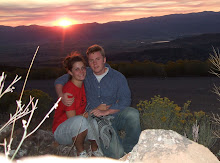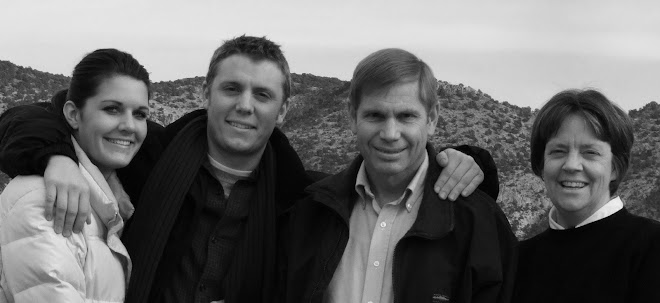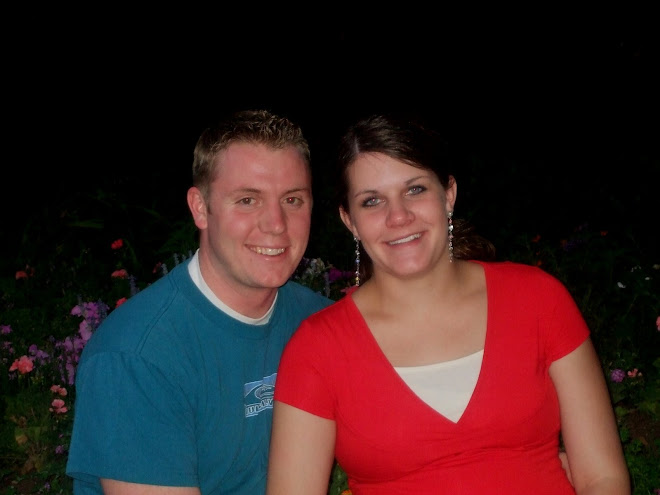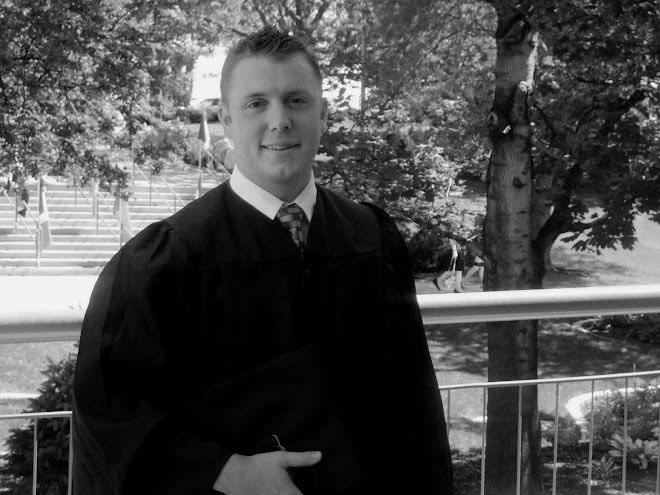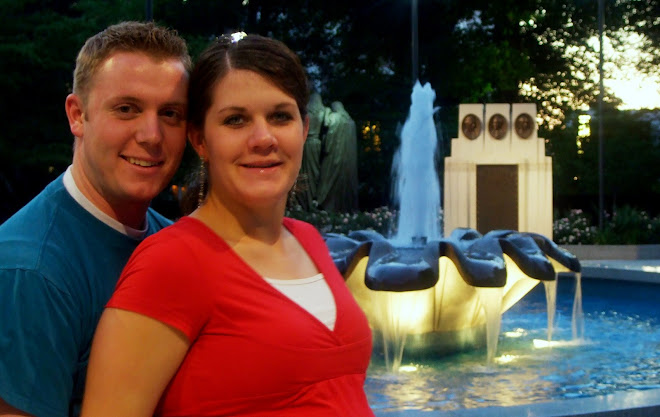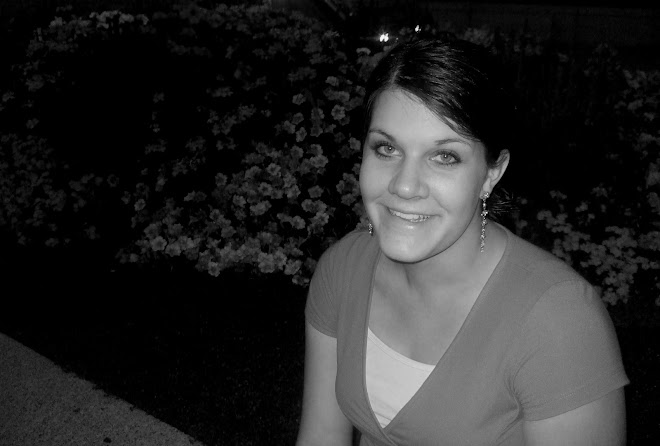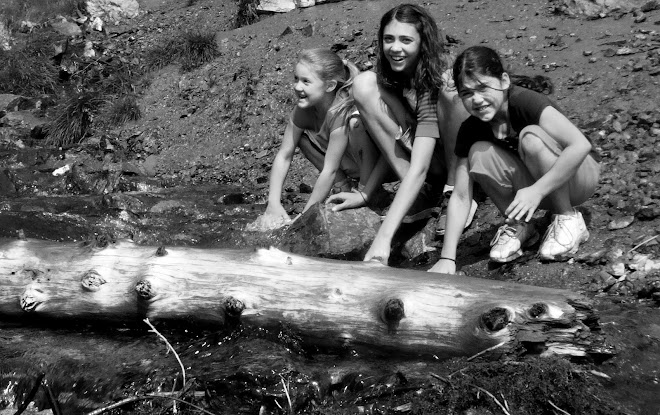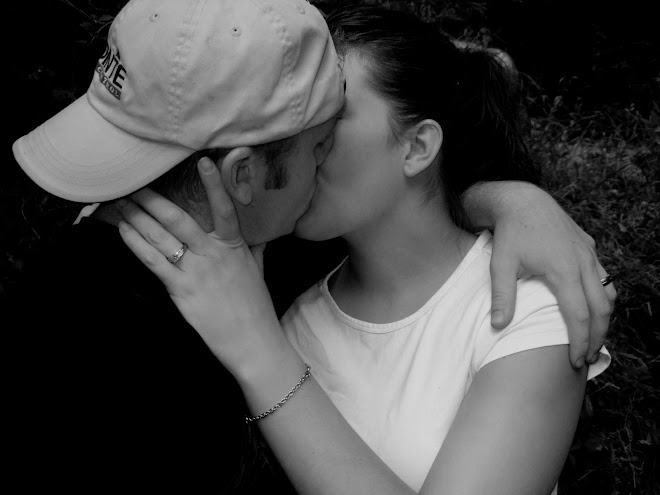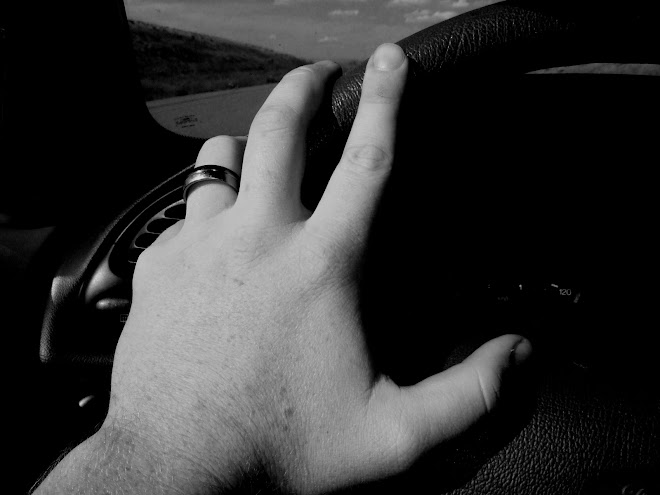I spent a weekend reading news articles and attempting to find some sort of accurate information reflecting the situation in Puerto Rico. Perhaps because of my research, I was not expecting the situation in which we found Puerto Rico, which was vastly different than most of the publicized, politicized, and inaccurate reports available to me in the US.
We worked in a makeshift hospital in the Coliseo Bincito, an enormous covered stadium. The gym floor was littered with enough camp cots to house 250 patients, empty on my arrival and full by the time I left. Two tents, one for Red and another for Yellow/Green triaged patients, handled the 24-hr influx of outpatients that was at over 200 per day when I left.
The main area kept getting patients with scabies and bedbugs, and I was a little paranoid that I would get exposed to the infestations. I named a few different rats I kept seeing running amok amongst the stacks of MREs that constituted our food. There was no power or running water in the area, weeks after Hurricane Maria. Patients came in for everything, as the local hospitals were either closed or at maximum capacity. One of the FEMA operators told me they had gone into the local hospital and they measured the temperature as greater than 115 degrees inside on the medical-surgical ward; the ICUs were full again, following a massive death toll during the initial power outage when the hospitals realized their unmaintained generators did not work.
The main area kept getting patients with scabies and bedbugs, and I was a little paranoid that I would get exposed to the infestations. I named a few different rats I kept seeing running amok amongst the stacks of MREs that constituted our food. There was no power or running water in the area, weeks after Hurricane Maria. Patients came in for everything, as the local hospitals were either closed or at maximum capacity. One of the FEMA operators told me they had gone into the local hospital and they measured the temperature as greater than 115 degrees inside on the medical-surgical ward; the ICUs were full again, following a massive death toll during the initial power outage when the hospitals realized their unmaintained generators did not work.
I saw some interesting conditions, such as rat bites on people's feet from when they were sleeping. Also leptospirosis. Most memorably was an intracranial hemorrhage I recognized in a four-year-old girl. She had fallen to the concrete floor of the shelter where she and her siblings were staying with their single mother; the FEMA pediatrician had completely missed her massive focal deficits, stating the girl was just "tired."
I had just come on the night shift as the charge nurse, and when I heard about this patient I decided to go take a look. The mother recounted the story to me (I was thanking God that I spoke Spanish, as we didn't have an interpreter available at the moment). As soon as I saw the girl, I realized something was off. She was four years old and yet couldn't communicate with me. I picked her up and set her on the floor; she immediately buckled on the right side. I lifted up one arm after the other, again with catastrophic unilateral weakness.
I told the mother to wait and I alerted the military personnel that we needed a helicopter to get their child to the nearest neuro trauma center. The physician working my shift (a native Puerto Rican and amazing doctor) assessed the child and immediately agreed.
The pediatrician was an arrogant, bullish woman who was livid that we had sent her patient out without consulting her (we couldn't find her). She refused to see that the child was critically ill. Personally, I have never been so angry in my entire life with any provider.
It was a difficult couple of weeks, but certainly memorable. We finally got some degree of air conditioning after the first couple of days. Our rooms of cots were crowded, but I was able to use an extension cord to plug into a generator to power my CPAP so that I could sleep better (I had assumed I wouldn't be able to use it while I was there). ICE and DEA agents guarded our gated campus, but every day I was able to sneak off and jump the back fence, where I did long jogs to explore the local areas. It was like the city had been bombed by an angry, celestial force of nature.
I kept some local newspapers. Maybe I will be able to scan them into the computer somehow?

